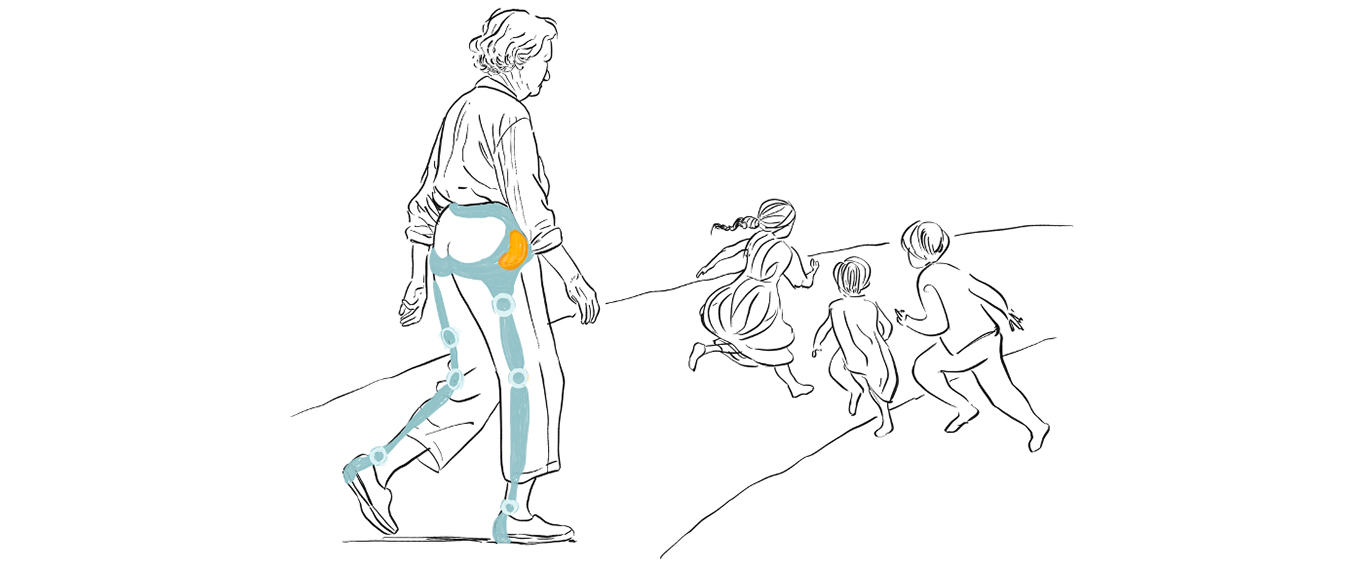REMA Project Receives Digital Futures Flagship Funding

Advancing mobility solutions for aging adults through interdisciplinary research and design
Our project proposal REMA (Redefining Mobility for Aging Adults) has been selected as one of the Digital Futures Flagship Projects. This was a highly competitive call, with 33 project proposals submitted and only 6 awarded funding for a period of three years (2025-2028).
REMA aims to rethink how exoskeletons can support mobility in aging populations by combining physical functionality with psychological and emotional care. The project will co-create a user-centered design framework grounded in the lived experiences of older adults, ensuring that future technologies are socially inclusive and empathetic. By integrating biomechanical sensing, somatic feedback, and adaptive control systems, REMA will explore how exoskeletons can dynamically align with users’ physical and emotional states. Research will also develop new soft robotics and actuator designs, fostering interaction techniques that build trust, safety, and empowerment. Finally, the project will assess the real-world adoption of these systems, capturing their impact on mobility, dignity, and quality of life.
This cross-disciplinary effort is led by three Principal Investigators (PAs):
-
Elena Gutierrez Farewik (KTH Royal Institute of Technology, MoveAbility Promobilia Lab, SCI)
-
Madeline Balaam (KTH Royal Institute of Technology, Division of Interaction Technology, EECS)
-
Georgios Andrikopoulos (KTH Royal Institute of Technology, Mechatronics/Robot Design Lab)
Together, the collaboration bridges mechatronics, interaction design, and biomechanics, building a foundation for exoskeleton technologies that redefine mobility for aging adults and open new ways for humans and robots to cooperate in everyday life.
